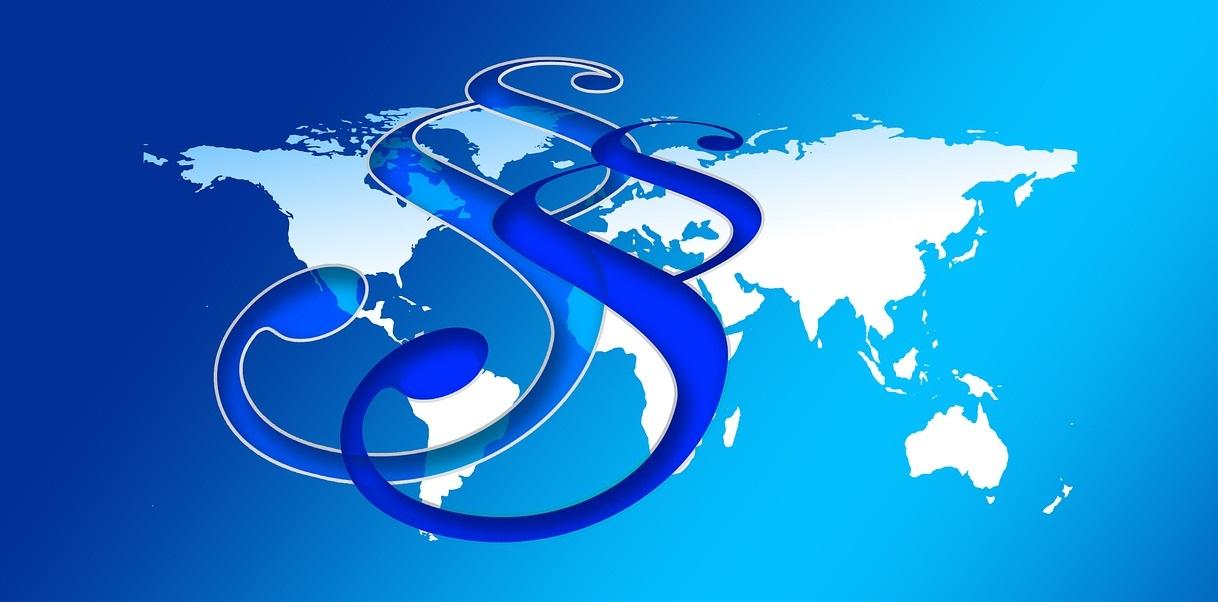
International Conference organised by the Digital Justice Research Group of the Institute of the Information Society, University of Public Service, Budapest
Date
23-24 June 2022.
Description
Legal technologies are usually divided into three periods. The first meant early office automation software before the Internet, while the second online solutions. There is a consensus that legal informatics is now entering the third period, which is the era of big data and artificial intelligence. This mean new software solutions, but it is also seen by many as the opening of a new era, that will disrupt the traditional law, and the work of the legal profession as a whole. In this new era, the old “legal informatics” was also renamed “LegalTech” and it is, as a subject and discipline is increasingly embedded in the mainstream of jurisprudence from the periphery of legal scholarship.
Although digital solutions in the legal work are beginning to spread everywhere in the world, their prevalence and use is uneven in different regions. In addition to the US, China and several countries in South America are at the forefront, while Europe’s traditional legal systems are often lagging behind. What could be the explanation for this difference? At the conference, we will be looking for answers to this and many other questions with Legatech professionals from all over the world. To such questions, for example, is the proliferation of artificial intelligence in law, its traditional principles, and human rights really a threat? Are the horrors of unemployment really threatening lawyers with the spread of legal technologies? Does technology mean a threat to human rights, and traditional legal values? Does technology really improve access to justice , and if so, what technologies? How should we redesign the curricula of law schools in the new era?
20 minutes long presentations of the conference are expected to enumerate and understand the leading technologies, and their impact on society, on legal profession, and access to justice.
Presentation proposals should be no longer than 200 words.
Venue
University of Public Service, Budapest, Ludovika tér 1. (partly online)
Deadlines:
Presentation abstract submission 15 March 2022 to molnar.anita@uni-nke.hu Extended deadline: 20 April 2022!
Evaluation and feedback 31 March 2022 Extended deadline: 30 April 2022
Fees:
Registration for selected presenters is free.
Illustrative topics and titles:
Technologies and their impact
1. Legaltech 1.0: how office automation and legal databases changed the law?
2. Legaltech 2.0: electronic communication, customer webpages, Electronic Freedom of Information Initiatives. Have they improved the access to justice?
3. Big data in law: what does it promise, and what does it fulfil?
4. Legal analytical software: what happens when a judge is confronted with her profile, and what are the consequences?
5. Natural language processing and corpus linguistics in legal work. How legal language is captured?
6. E-discovery systems and auto-classification systems. Outsourcing the legal work to automats?
7. Legal prediction software. Does prediction work in law, and what are its limits?
8. Artificial Intelligence and machine learning in law. Neural networks, fuzzy logic. Machines mimicking the lawyers.
9. Client faced LegalTech: Legal design, visualization, gamification in legal applications. Customer-faced artificial intelligence (“robo-advisors”, chatbots) in law.
10. Online dispute resolution systems. A real alternative of courts?
11. Distributed ledger systems in law. Smart contracts. How smart they are?
Philosophical, ethical and social considerations
1. Legal philosophical aspects of technology/AI and law. Will algorithms supersede traditional legal rules in behavioural control?
2. Ethical issues of the use of AI in law. Algorithmic bias, Explainable algorithms, transparency and accountability.
3. The impact of modern technologies to the legal industry and on different legal professions.
4. The impact of modern technologies to the teaching of law.
5. Why different geographical regions and legal systems embrace differently the legaltech solutions?
6. How big is the Legaltech industry? What is its place within the bigger IT/AI industry?